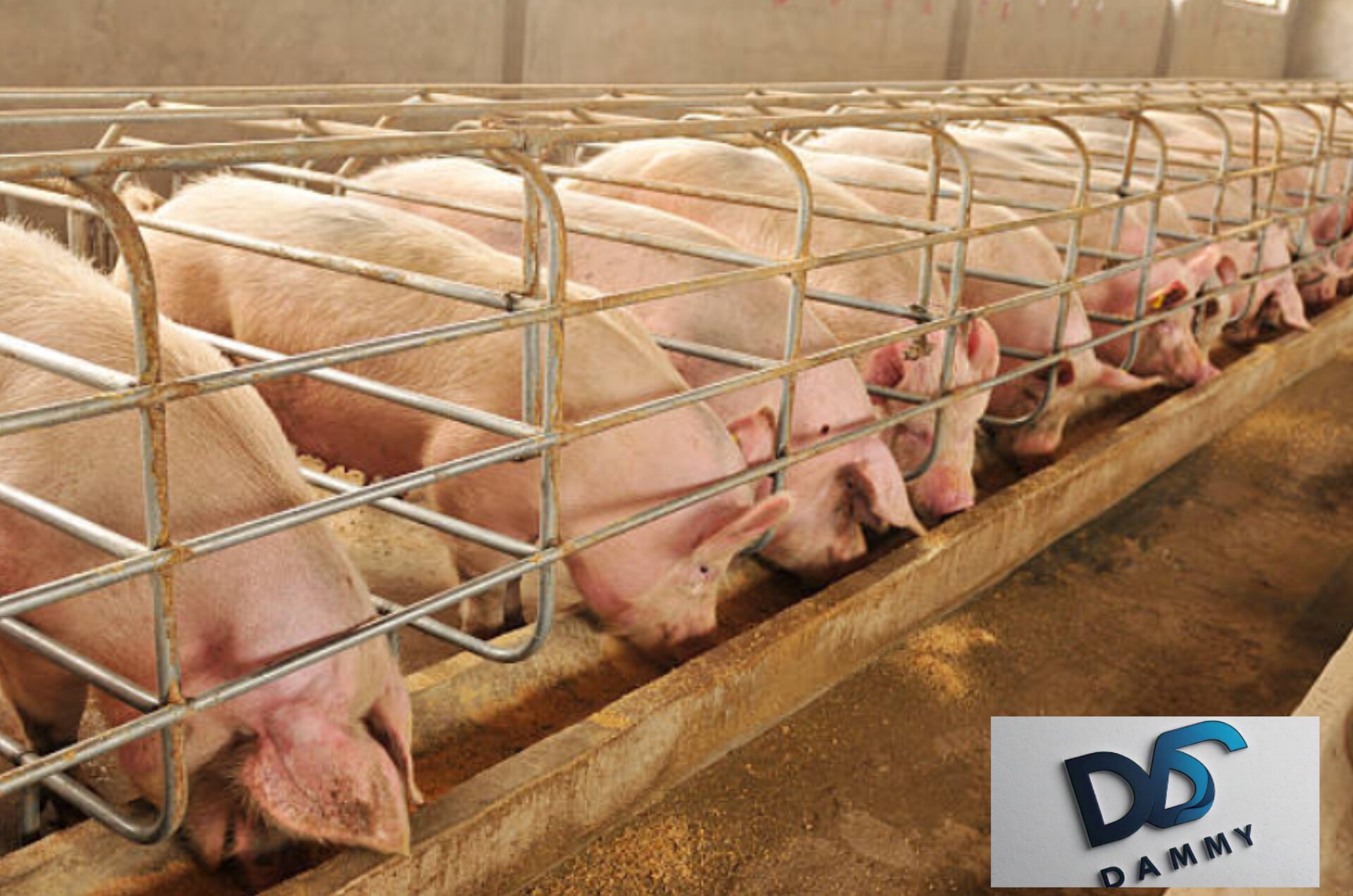How to Start Pig Farming Business: A Comprehensive Guide
Pig farming is a lucrative agricultural venture that offers a profitable opportunity for entrepreneurs and farmers. With the increasing demand for pork and pork products, starting a pig farming business can be a wise decision. However, it requires careful planning, execution, and management to ensure success.
Benefits of Pig Farming
Pig farming offers several benefits, including:
- High demand for pork and pork products
- Low startup costs compared to other livestock farming
- Fast growth rate of pigs
- Diversified market opportunities, including meat, hides, and manure
Step 1: Research and Planning
Before starting your pig farming business, conduct thorough research:
- Understand local market demand and competition
- Learn about pig breeds, nutrition, and health
- Develop a comprehensive business plan, including budget, target market, and marketing strategies
Step 2: Choose Pig Breed
Select a suitable pig breed for your farm:
- Commercial breeds (e.g., Large White, Hampshire)
- Heritage breeds (e.g., Tamworth, Berkshire)
- Crossbreeds
Step 3: Build Pigpen and Infrastructure
- Construct a secure, well-ventilated pigpen with adequate space
- Install feeding and watering systems
- Ensure proper waste management and biosecurity measures
Step 4: Nutrition and Health
- Provide balanced feed and clean water
- Implement regular health checks and vaccination programs
- Monitor for diseases and parasites
Step 5: Breeding and Reproduction
- Develop a breeding program to improve stock quality
- Understand reproductive cycles and fertility management
- Implement artificial insemination (AI) techniques
Step 6: Marketing and Sales
- Develop a marketing strategy to reach target markets
- Establish relationships with buyers, processors, and distributors
- Consider value-added products (e.g., smoked meats, sausages)
Challenges and Solutions
- Disease management: Implement biosecurity measures and regular health checks
- Market fluctuations: Diversify marketing channels and develop value-added products
- Environmental concerns: Implement sustainable farming practices
Initial Investment Requirements
The initial investment required for pig farming varies depending on the size of the farm. However, here are some estimated costs:
- Land preparation and infrastructure: $5,000 – $10,000
- Pig purchase and breeding stock: $3,000 – $5,000
- Feeding and nutrition: $2,000 – $3,000
- Health and veterinary care: $1,000 – $2,000
- Marketing and sales: $1,000 – $2,000
Total estimated initial investment: $12,000 – $22,000
Ongoing Expenses
Ongoing expenses for pig farming include:
- Feed and nutrition: $1,000 – $2,000 per month
- Veterinary care and health: $500 – $1,000 per month
- Labor and management: $1,000 – $2,000 per month
- Marketing and sales: $500 – $1,000 per month
Total estimated ongoing expenses: $3,000 – $6,000 per month
Potential Income
The potential income from pig farming varies depending on the size of the farm, breed, and market demand. However, here are some estimated income projections:
- Sale of piglets: $5,000 – $10,000 per month
- Sale of pork and pork products: $10,000 – $20,000 per month
- Total estimated income: $15,000 – $30,000 per month
Best Practices for Pig Farming
To ensure success in pig farming, consider the following best practices:
- Provide adequate space and ventilation for pigs
- Implement proper feeding and nutrition strategies
- Monitor health and implement regular veterinary care
- Develop effective marketing and sales strategies
- Continuously monitor and improve farm operations
By following these best practices and considering the benefits and challenges of pig farming, you can establish a successful and profitable pig farming business.
Frequently Asked Questions
Q: What is the initial investment required for pig farming?
A: The initial investment varies depending on the size of the farm, but starts from around $1,000.
Q: How long does it take for pigs to mature?
A: Pigs typically mature in 5-7 months.
Q: What is the average weight of a pig?
A: The average weight of a pig varies depending on breed, but ranges from 200-400 kg.
Q: What is the ideal size of a pig farm?
A: The ideal size of a pig farm depends on various factors, including available land, resources, and market demand. A small-scale farm can start with 10-20 pigs.
Q: How often should I vaccinate my pigs?
A: Vaccination schedules vary depending on factors like location, disease prevalence, and veterinary advice. Typically, pigs require annual vaccinations.
Q: What are the most common diseases affecting pigs?
A: Common diseases affecting pigs include swine influenza, pneumonia, and gastrointestinal infections.
Q: How can I prevent disease outbreaks on my pig farm?
A: Implement biosecurity measures, such as proper sanitation, hygiene, and vaccination programs.
Q: What is the best breed of pig for farming?
A: The best breed depends on factors like climate, market demand, and farming goals. Popular breeds include Large White, Hampshire, and Duroc.
Q: How long does it take to raise pigs from birth to market?
A: Typically, pigs take 5-7 months to mature.
Q: What are the nutritional requirements for pigs?
A: Pigs require balanced feed, including protein, energy, vitamins, and minerals.
Q: How often should I provide water for my pigs?
A: Ensure access to clean water at all times.
Q: What are the regulations governing pig farming?
A: Regulations vary depending on location. Research local laws, licensing requirements, and environmental regulations.
Q: Can I integrate pig farming with other agricultural ventures?
A: Yes, integrating pig farming with other ventures (e.g., crop farming, poultry) can enhance overall productivity.
Q: How do I handle pig waste?
A: Implement proper waste management systems to prevent environmental pollution.
Q: What are value-added products I can produce from pig farming?
A: Consider producing smoked meats, sausages, or other processed pork products.
Conclusion
Starting a pig farming business requires careful planning, execution, and management. By following these steps and considering the benefits and challenges, you can establish a successful and profitable pig farming business.

